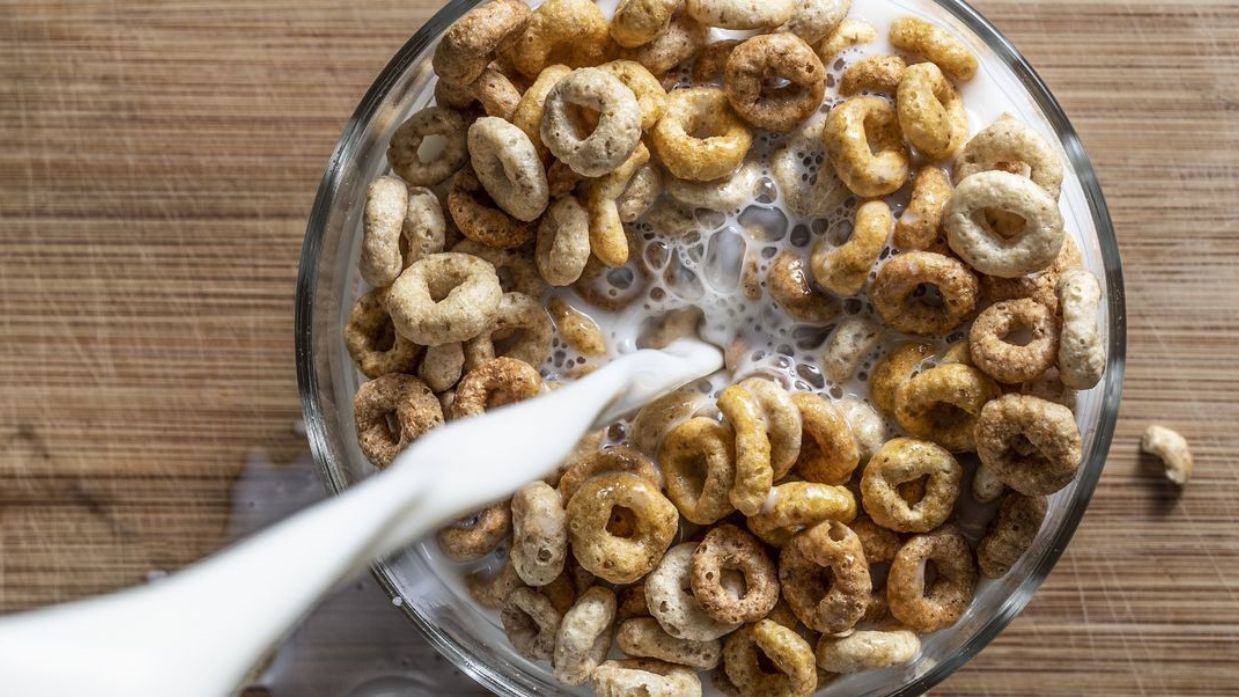
Lately, the breakfast tables of the United States are the setting for yet another confrontation between millennials and the broader population. On this occasion, the subject matter diverged from automobiles, politics, or religion, instead focusing on a topic of greater personal relevance – morning cereal. As per research, millennials are rejecting the beloved morning staple, much to the chagrin of older generations who once believed that cereal was a breakfast covenant passed down through the ages.
The Great Cereal Conspiracy

For many, it was baffling. What had millennials not ruined already? From cars to policing to even challenging the established religious norms, this generation seemed unstoppable. But breakfast cereal? That was a step too far. The older generation had grown up loving those nutrition-less processed cereals endorsed by cartoon characters, and they assumed their children would follow suit. However, millennials had a different perspective, and their reasons for abandoning cereal were both practical and eye-opening.
The Empty Promise of Cereal
Cereal has long been marketed as a breakfast powerhouse, but millennials were quick to debunk this myth. One major issue is the lack of protein in most cereals. Virginia Smith, a senior editor at BrickUndeground, emphasized the importance of protein for a satisfying breakfast. Cereal, with its minimal protein content, left millennials feeling tired and mentally drained.
Another cereal shortcoming was its inability to provide sufficient fiber. Angela Gelso, a graphic designer, recommended simple and inexpensive solutions like apples. Apples not only offer natural fiber but also avoid the pitfalls of processed cereals.
The High Cost of Empty Calories
Aside from health concerns, the cost of cereal was a significant deterrent for millennials. With skyrocketing rents and stagnant wages, paying a premium for a box of cereal that barely lasted a few mornings was seen as wasteful. Brian Pennington, a DJ from Fort Greene, made the switch to a more cost-effective morning shake
Millennials’ breakfast choices are not only about nutrition and cost; they reflect a more diverse cultural palate. Lisa Hagen, a reporter from Atlanta, shared her breakfast of spam, rice, egg, and kim chee, emphasizing that millennials are increasingly embracing varied cultural breakfast backgrounds.
As the investigation into the changing preferences and inclinations of the current generation persists, it becomes apparent that millennials are not satisfied with adhering to tradition alone for the sake of tradition. They critically examine the existing state of affairs, engage in well-informed decision-making, and demonstrate a willingness to question established beliefs and norms. In light of the opinions expressed by millennials, it is evident that cereal no longer holds the esteemed position it previously enjoyed as the preferred choice for breakfast. Therefore, it is prudent to bear this perspective in mind when partaking in a bowl of cereal.










Leave feedback about this